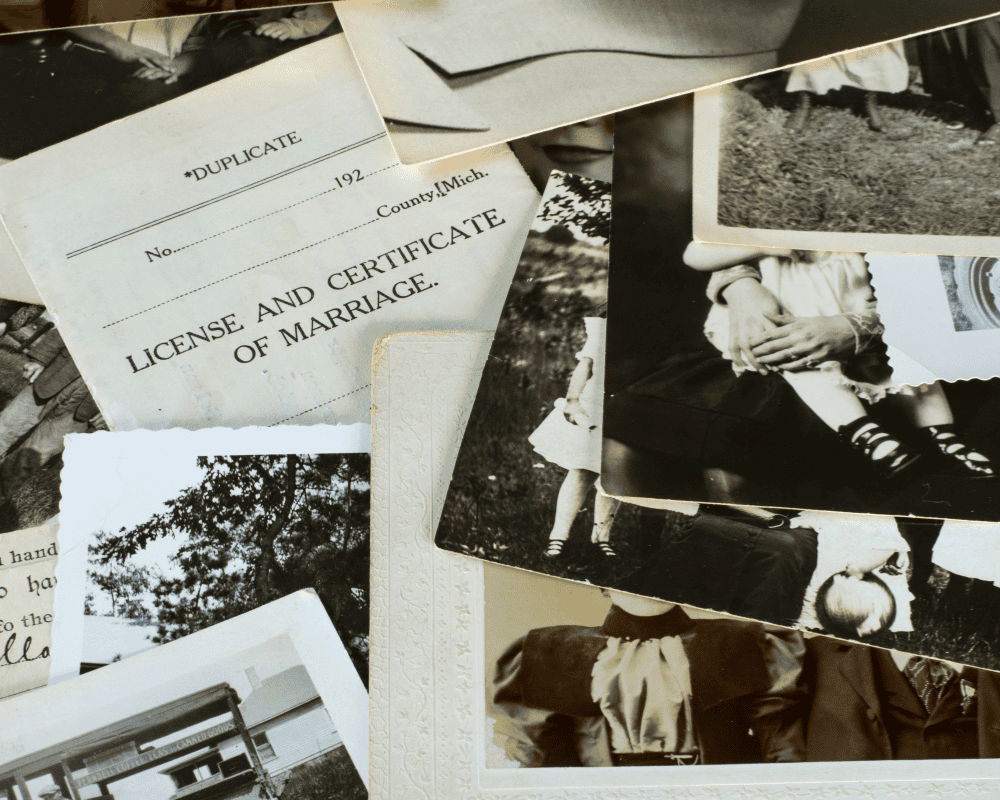How Surname Meanings Can Reveal Your Family’s Story
Table of Contents
Most people have a given name, a first name, and a surname or family name. Sometimes, they have a middle name (ex. Robert).
The surname meaning are one of the best ways to learn about a person’s heritage and history. They can tell you a lot about your ancestors’ occupations, areas, or physical traits.
Origins

A surname, or family name, tells you much about your family’s history. It can reveal the occupation of your male ancestors (Smith, Blacksmith) or the work your female ancestors did in their homes, as with the name Miller or Taylor. It can even tell you something about your ancestors’ physical appearance, as in the case of Italian surnames such as Rossi, which describes someone with red hair, or the Polish last name Baszetti.
Most surnames began as occupational or locational, distinguishing one person from another. Occupational names often describe the work your ancestors did or the tools they used, such as Smith, Baker, Blacksmith, etc. Others are derived from geographic features such as hills, rivers, and woods, and others are patronymic surnames based on one’s father’s name, such as Johnson or Macdonald.
Many ancestors also changed their names or took on an alias at some point. This can add to your family tree’s complexity but provides clues about your ancestors’ lives.
Meanings
Studying surnames, called onomastics, can reveal much about your family history. You can find clues from the meaning of your surname and variations in spelling over time and from different cultures. For example, the Irish surname MacDonald or the English surname Fitzpatrick can indicate your family’s connection to Ireland and England, respectively. Similarly, many geographic surnames, like Hill or Wood, may indicate the location of your ancestor’s home country.
You can also discover more about your ancestors through the meaning of occupational surnames, such as Smith or Miller. Alternatively, descriptive surnames, like Broadhead or Brown, can give you an idea of your ancestor’s physical features. For instance, the last name Brown could mean your ancestor had dark hair or was strong. Other surnames, like Swift or Armstrong, can point to a particular hobby or sporting event. Lastly, patronymic surnames like Johnson and Jones can help you identify your male lineage.
Variations

One of the biggest frustrations for genealogists is sifting through records and finding multiple ancestors with the same name. Often, this is because of variations in surname spelling and pronunciation. In addition, many different types of surnames follow specific naming conventions. Some surnames are occupational, meaning they reflect a job or skill of an ancestor. Others may be descriptive, describing physical characteristics or personality traits.
It’s important to remember that spelling was fluid in the past. This should be considered when searching for ancestors, especially in older documents. This is why it’s helpful to use Soundex searches when searching records. It’s also a good idea to keep an eye out for names that have been anglicized. For instance, a simple change from German to English can completely alter the name.
Etymology
Surnames can help you learn about your family history and the lives of your ancestors. They can reveal a person’s occupation, where they lived, and their relationship to other members of the family (such as Johnson for “son of John” or Magnussdottir for “daughter of Magnus”).
Often, people were given surnames that indicated their profession or a trait about them. For example, Smith means a blacksmith or someone who works with metalwork, while Miller indicates an ancestor who worked in food milling. Other occupational surnames include Taylor, which implies a person who works in the clothing industry, and Baker, which references the work of baking.
In some cultures, a surname can reflect a physical characteristic such as hair color or height (Rossi for red hair and Bassetti for short). This type of descriptive surname is called a patronymic. Surnames can also reveal a person’s religion, such as Kilpatrick (follower of Patrick) or Kilbride (follower of Bridget). Surnames could be based on place, such as Lincoln or Bayer, and could even be a name referencing a city or region (Lincolnshire, England; Bayern, Germany).
Descriptive
A person’s last name can describe their appearance, occupation or status. For example, a person with the surname Best could be a zoologist or be associated with the color black (an English adjective derived from the Middle English word beste meaning “beast”).
Occupational and locative names identify people by their jobs or where they live. The latter is an especially useful tool for those who wish to locate ancestors who may have left their home country to find work.
Matronymic surnames refer to a person’s mother’s name rather than their father’s. They’re most common in cultures where a man’s full name is his father’s first name with the suffix -son or -dottir added for gender identification, such as Iceland, where a male’s full name is Jon Sigridarson and his daughter is Anna Jonsdottir. Using a name map and comparing surname distribution throughout history can also advance your research.



